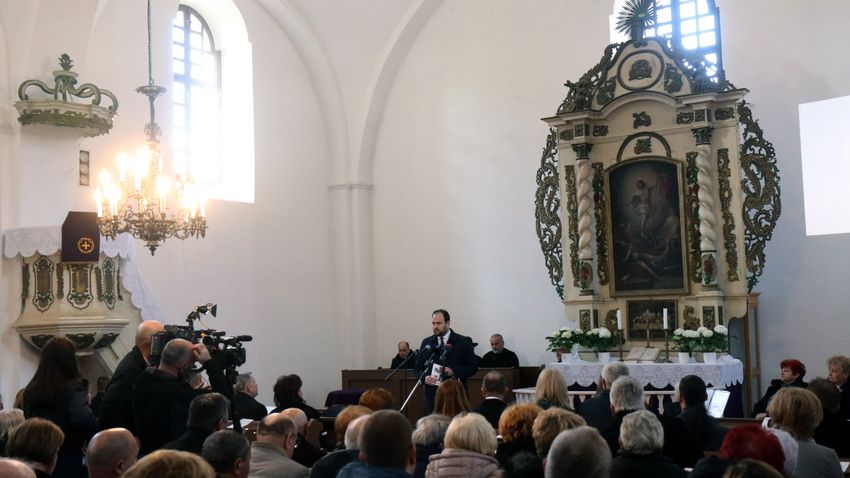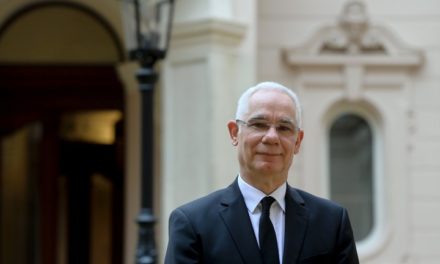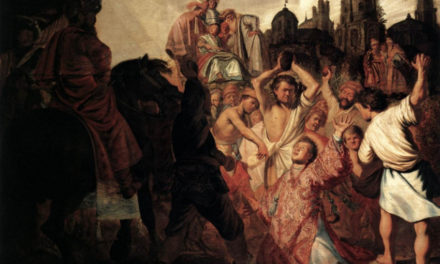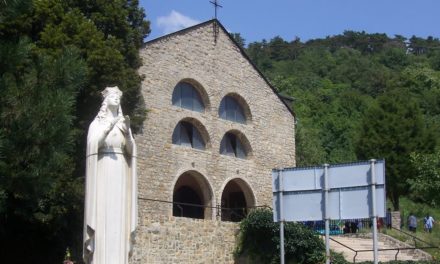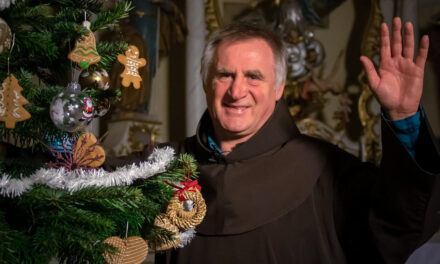The tourist route is about spirituality, nature and built heritage, because we can have beautiful churches and natural surroundings, but if spirituality is taken away from it, then the tourist route was built in vain.
The first ecumenical tourist route of the Carpathian basin was handed over in Arnót, Borsod-Abaúj-Zemplén counties.
Lőrinc Nacsa , ministerial commissioner responsible for religious tourism and deputy faction leader of the KDNP, emphasized at the handover ceremony: the tourist route is about spirituality, nature and built heritage, in that order, since in his opinion
we may have beautiful churches and natural surroundings, but if spirituality is taken away from it, then the tourist road was built in vain.
He said that religious tourism and the route involving the six settlements are about encounters with God, ourselves, our fellow tourists, the locals, centuries-old heritage and culture, as well as the past and the future. As he said, Europe today has a great need to find its way back to the Judeo-Christian values that once made the continent great.
Regarding the upcoming Easter holiday, Lőrinc Nacsa called hope and peace the most important message, adding: without the faith and community-building work of our churches, there will be no peace and no recovery from the crisis.
Our most important work is about not letting the good God's message get lost, because for Europe and Hungary, Judeo-Christian values are the future.
- said the Christian Democrat politician. At the end of the minister's commissioner's speech, Szent II. Remembering Pope János Pál, he said that the spirituality and thoughts of the late church leader are needed.
Katalin Csöbör, member of parliament from Fidesz, expressed her gratitude to all those who worked together for the creation of the tourist route. He said the route will show people the diversity of belonging together and how to break down the differences between Christian denominations and strive for unity.
The liberal world wants to mold the whole world, Europe and Hungary as well, in its own image, so it is especially important now to stick to our faith and values, to maintain our national identity and Christian Hungary
- said Katalin Csöbör.
Gál Boglárka Bánné, the president of the Borsod-Abaúj-Zemplén County Assembly, pointed out that the county's religious tourism is also significant at the national level. He said that the new tourist route provides an opportunity to discover each other's religious values, as there are churches of several religions and Jewish cemeteries among the stations of the route, forming a bridge between the denominations.
István Üveges, the independent mayor of Arnót, explained that the tourist route was created with the cooperation of the leaders of the affected settlements. The 17-kilometer-long route, which can be covered on foot, by bicycle or by car, starts at the Roman Catholic church in Czerzzolca. It affects the Lutheran church in Arnót, the Greek Catholic church in Sajópálfala, the Jewish cemetery in Sajóvámos, the ecumenical church in Sajósenye, and ends at the Reformed church in Boldva, he explained. The mayor said that those who believe in God can deepen their knowledge, those who don't can walk the route with the aim of getting to know each other.
MTI
Cover photo: Lőrinc Nacsa, minister responsible for religious tourism, gives a speech in Arnót. (Photo: MTI/János Vajda)

